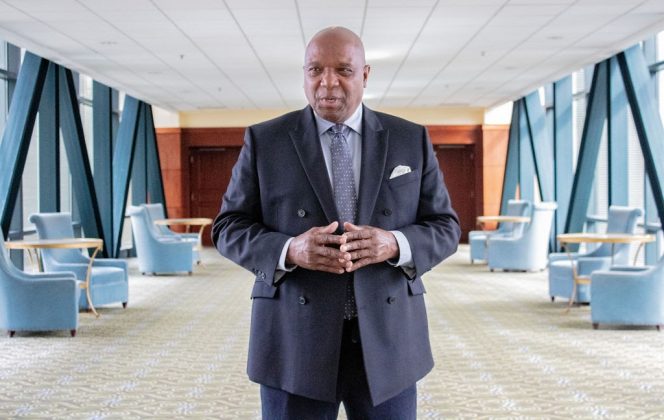CHAMPION STRATEGIES – PUBLIC SPEAKING WORKSHOP – OCTOBER 25, 2020
As a speech coach, I perform my share of triage when it comes to undoing the damage of bad public speaking advice. Although offered with the best of intentions, these nostrums leave speakers headed in the wrong direction. They’re usually given by people who aren’t speech experts, though some professional trainers are guilty as well.
Often, directives like these come from people who don’t have a background in performance. So it’s no wonder they leave speakers unprepared to connect with and move audiences. Below are a few of these persistent-and-problematic pieces of advice. In each case, I’ve included tips on what you can do instead to be a confident and aware speaker who knows how to move audiences.
- Improve Your Public Speaking by Prescription
Every public speaking situation is unique in some way. That is, public speaking is situational. What works at one venue and on one occasion won’t necessarily succeed in another. That’s because the components are different: the audience, you, recent events—but most of all, what you’re trying to accomplish by speaking to this particular group.
Nothing kills spontaneity and the flexibility of being in the moment like Presentation Rules. You’ve heard them: No more than 7 lines in a PowerPoint slide, with a maximum of eight words per line (or something similar). There’s even a “rule” specifying how many slides your talk should contain, the number of minutes it should last, and the minimum point slide of the text.
If you aspire to become one of the replicants (androids) in Blade Runner, by all means follow these directives. Otherwise, think carefully about how to reach your listeners, keep them engaged, foster a discussion, and take them on a journey. You can’t do so—even when delivering the same presentation to different audiences—by filling a prescription.
- Reveal Your Fear of Public Speaking
We all want to feel that an audience is on our side. So why not help get them there, especially if you have speech anxiety? “I know I’m going to look nervous” (you may think), “so why not just reveal that at the start to gain everyone’s sympathy?”
You’ve experienced speakers taking this approach, haven’t you: “Excuse me if I look nervous, public speaking always freaks me out.” I once heard a prosecuting attorney make this confession to a jury in her opening statement, adding “I’ve never done this before”!
If you experience stage fright and someone gives you this advice, remind them that most nervousness isn’t visible. You may give an entire presentation feeling nervous throughout, without your audience being any the wiser. Telling listeners that you’re a bundle of nerves, however, will have them looking for evidence of it, while half-listening to what you’re saying.
- Avoid Showing Emotion
It’s clear that emotions have little place in rational decision-making, isn’t it? And that persuading people through speeches and presentations depends entirely upon logic and evidence?
If those sound like leading questions to you, you’re right. The idea that you shouldn’t show much emotion when you speak is triply bad advice. First, it stunts your ability to achieve empathy with listeners and reveal you have skin in the game. Second, business speakers have a tendency to play it safe in presentations, not wanting to appear vulnerable. The third reason is equally surprising and fascinating. It concerns the fact that emotions are a critically important part of decision-making. In fact, scientists have discovered that people whose limbic system is damaged can’t make decisions, even those that seem completely logical:
Effective decision making is not possible without the motivation and meaning provided by emotional input. . . . Feelings provide the basis for human reason—brain-damaged patients left devoid of emotion struggle to make the most elementary decisions. *
Every element of persuasion, buy-in, and inspiration in your talks then, is in part emotionally driven. Connecting with audiences though emotional intelligence, therefore, is part of making your message powerful.
Make It A Champion Day!










Leave a Reply